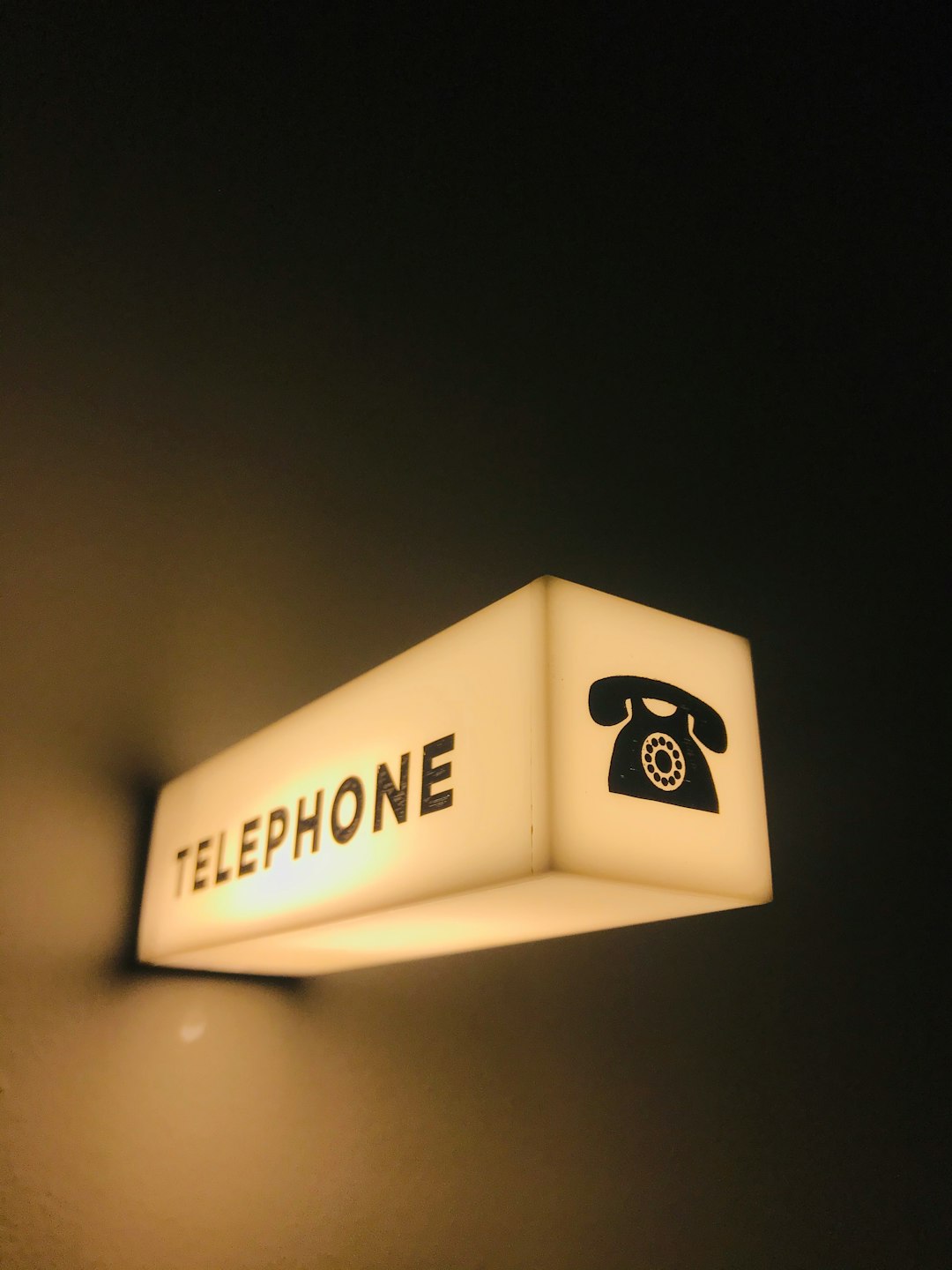In Maryland, especially within the Lexington Park defense contractor sector, strict 'Do Not Call' regulations govern B2B telemarketing. Compliance is crucial to avoid fines and reputational damage. Contractors must respect state and federal "Do Not Call" lists, obtain explicit written consent, and adapt their strategies to build relationships with legal departments instead of employing traditional telemarketing methods. Consulting a specialized lawyer or attorney can guide them through these regulations, ensuring ethical practices while adhering to consumer privacy rights.
In the competitive landscape of defense contracting, Lexington Park-based businesses face unique challenges when it comes to B2B telemarketing. With stringent regulations like those enforced by the Maryland Do Not Call Lawyer and legal obligations, navigating these rules is crucial for compliance and maintaining client relationships. This article explores the impact of these changes, offering a comprehensive guide on managing do-not-call lists and effective outreach strategies for Lexington Park defense contractors. Discover how to stay ahead in the market while adhering to Maryland’s strict telemarketing laws, ensuring your business remains compliant with local Do Not Call lawyers and attorneys.
Understanding B2B Telemarketing Regulations in Maryland

In Maryland, businesses engaging in B2B telemarketing must adhere to stringent regulations designed to protect consumers from unwanted calls. These rules, overseen by the Maryland Commission on Civil Rights, include provisions that strictly govern when and how companies can contact potential clients over the phone. One of the key requirements is respecting the “Do Not Call” lists maintained by both state and federal agencies. These lists allow individuals and businesses to opt-out of receiving telemarketing calls, ensuring their privacy and peace of mind.
Additionally, Maryland law mandates that telemarketers obtain explicit consent before making any sales or solicitation calls. This means that contractors in Lexington Park must secure written permission from prospective clients to contact them via telephone. Failure to comply with these regulations can result in substantial fines. Therefore, understanding and adhering to the “Do Not Call” rules and obtaining informed consent is crucial for defense contractors looking to navigate Maryland’s legal landscape while engaging in B2B telemarketing activities.
The Impact on Lexington Park Defense Contractors

Lexington Park defense contractors face unique challenges in a highly regulated industry where compliance is paramount. With strict rules surrounding B2B telemarketing, especially concerning Do Not Call lists in Maryland, these companies must navigate a complex landscape to maintain their operations and client base. The impact is significant; any violation can lead to hefty fines and damage to their reputation.
Consequently, Lexington Park contractors are adopting innovative strategies. They invest in comprehensive training for their sales teams on the latest Do Not Call laws and regulations, ensuring every call is compliant. Additionally, they employ sophisticated data analytics to identify potential clients, reducing the risk of accidental telemarketing to restricted numbers. These proactive measures demonstrate a commitment to ethical practices, enabling contractors to thrive in a competitive market while respecting consumer privacy and preferences.
Navigating the Do Not Call Lists: A Comprehensive Guide

In Maryland, businesses, especially defense contractors in Lexington Park, must adhere to strict regulations regarding B2B telemarketing practices. One of the most crucial aspects is understanding and navigating the state’s Do Not Call lists. These lists are comprehensive databases of individuals who have opted-out of receiving unsolicited calls, including those from lawyers and law firms. Any violation of these rules can result in significant legal consequences for contractors, hence the need for a thorough guide.
A ‘Do Not Call’ lawyer in Maryland or an attorney specializing in this area can offer expert advice on how to comply with state regulations. They will help defense contractors understand that the lists are not just a collection of phone numbers but a reflection of consumer preferences and privacy rights. Compliance involves verifying and updating customer data, obtaining explicit consent for calls, and providing clear opt-out mechanisms. By following these steps, Lexington Park-based defense contractors can ensure their telemarketing efforts remain legal and effective while respecting the ‘Do Not Call’ preferences of Maryland residents.
Legal Obligations and Compliance Strategies

Lexington Park defense contractors face a unique challenge when it comes to B2B telemarketing—navigating a web of legal obligations. With strict regulations in place, such as the “Do Not Call” laws in Maryland, companies must implement robust compliance strategies to avoid legal repercussions. These rules, enforced by state and federal bodies, are designed to protect consumers from intrusive marketing practices.
To adhere, contractors should first ensure they have obtained the necessary consent for telemarketing activities. This often involves securing explicit permission from potential clients, especially when targeting businesses within Maryland. Additionally, understanding and adhering to “Do Not Call” lists is paramount; these lists, accessible through reputable sources, identify individuals or organizations that have opted-out of receiving telemarketing calls. Contractors must respect these preferences to avoid penalties, ensuring their marketing efforts remain legal and effective without resorting to unwelcome or unauthorized contact, which may include avoiding the need to consult a lawyer for Do Not Call Maryland regulations.
Effective Outreach Techniques Post-Regulation Changes

After the recent regulatory changes regarding B2B telemarketing in Maryland, defense contractors in Lexington Park must adapt their outreach strategies to remain effective. One key approach is to focus on building relationships and providing genuine value rather than relying solely on cold calls. Instead of a direct “do not call” policy towards law firms or attorneys in the state, these contractors can implement more nuanced strategies.
They could target specific legal departments within businesses, offering tailored solutions for their unique needs. By conducting thorough research, identifying decision-makers, and personalizing communications, contractors can avoid the pitfalls of traditional telemarketing. This method allows them to connect with potential partners meaningfully, ensuring compliance while fostering genuine interest in their services.






